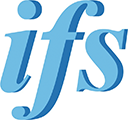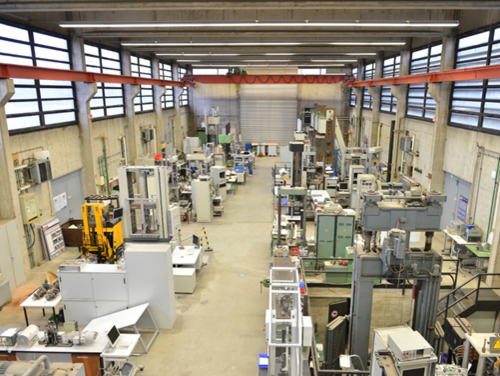
Lecturer: Prof. Klaus Dilger
Start: see StudIP
Degree: Bachelor
Credit points: 6
Module number: MB-IfW-37
Rotation: winter semester
Notes: All information, files and videos of the lecture and exercise can be found in Stud.IP at "Lecture: Materials Science".

Students understand the relationship between material structure and material properties as well as the strengthening mechanisms in metals. This enables them to select and use metals, ceramics and polymers for applications in mechanical engineering in a meaningful way. For simple load cases they can calculate stresses, elastic strains and changes in shape. They are able to analyze stress-strain diagrams and determine material properties based on these diagrams. They can read phase diagrams. They are able to classify steels based on their designation. They comprehend the background of motion for vacancies and atoms at elevated temperatures. They understand essential mechanisms of oxidation and corrosion and can evaluate simple oxidation and corrosion processes on this basis. They learn how to assess materials and the design of components by using different test methods. The course treats important methods of processing of metals, ceramics, polymers and fibre reinforced composites, as well as the influence of these processes on properties of components. The students learn different application cases on basis of various examples. The students are able to basically explain the capacity to withstand stresses of materials with regard to different test methods. They can describe the most important principles of the processing of metals, polymers and fiber reinforced composites. Furthermore, they are able to discuss the influence of the processes on the properties of the component part with regard to the process chain. Moreover, they can outline the scope of application with descriptive examples.
Introductory course in materials (metals, polymers, ceramics) focusing on:
Study of basic concepts and focusing on the following topics illustrated by application examples: